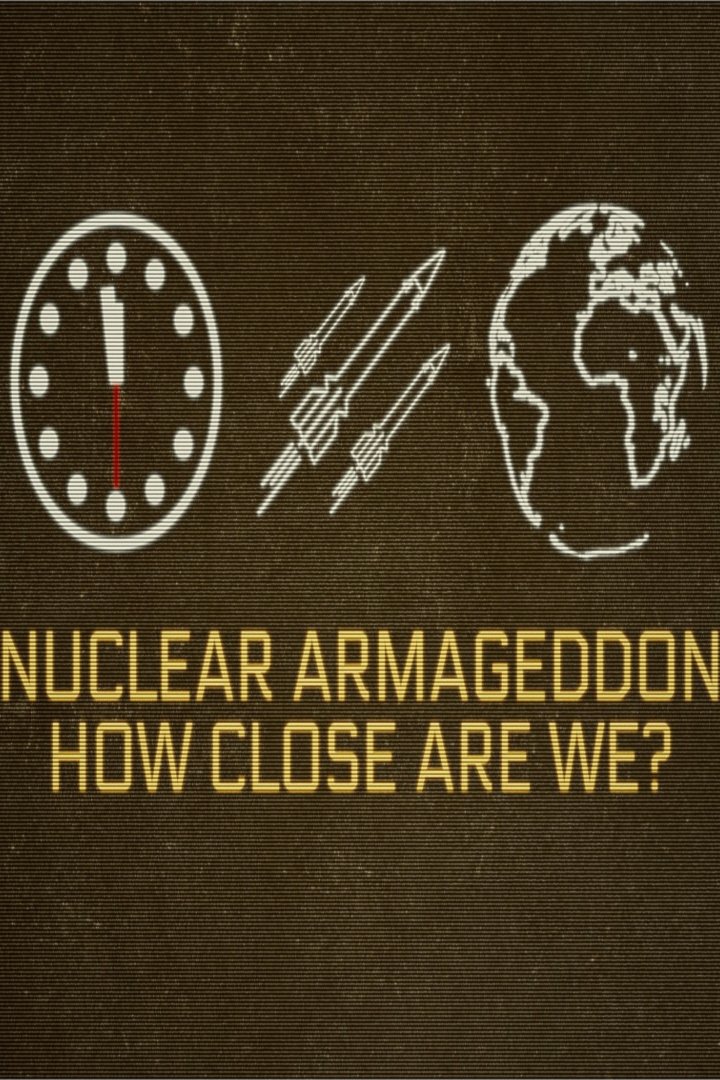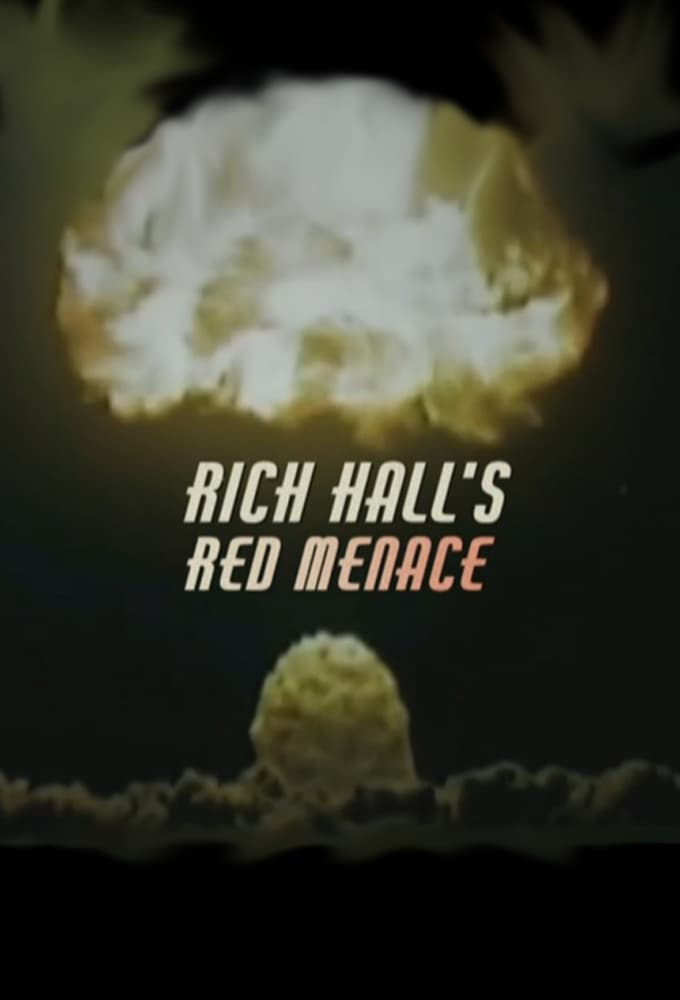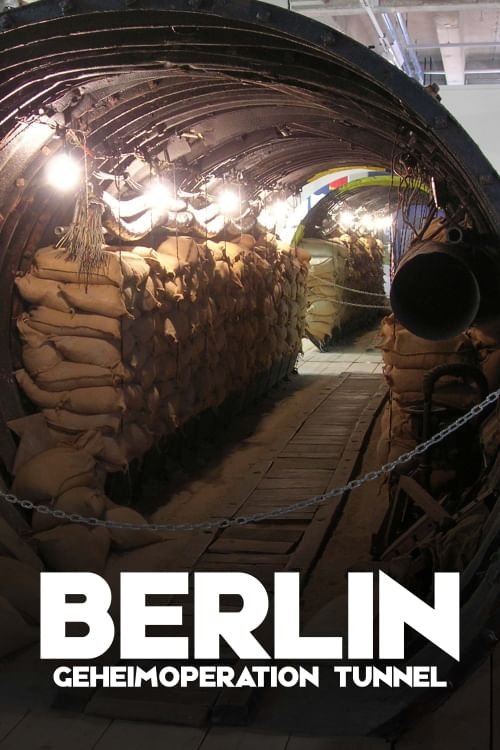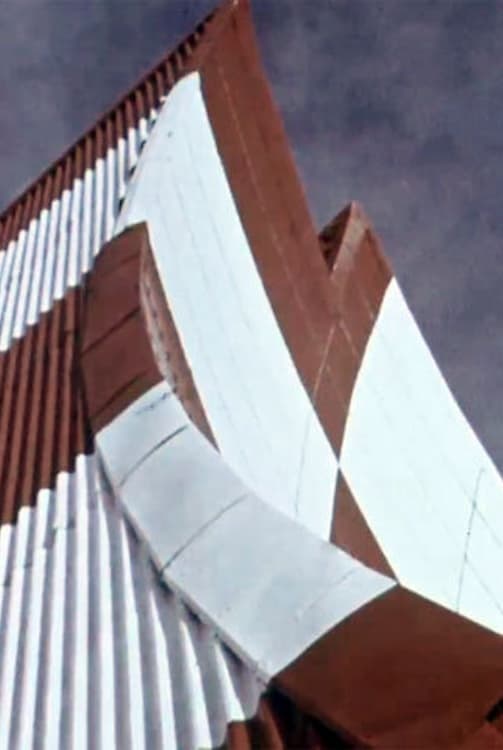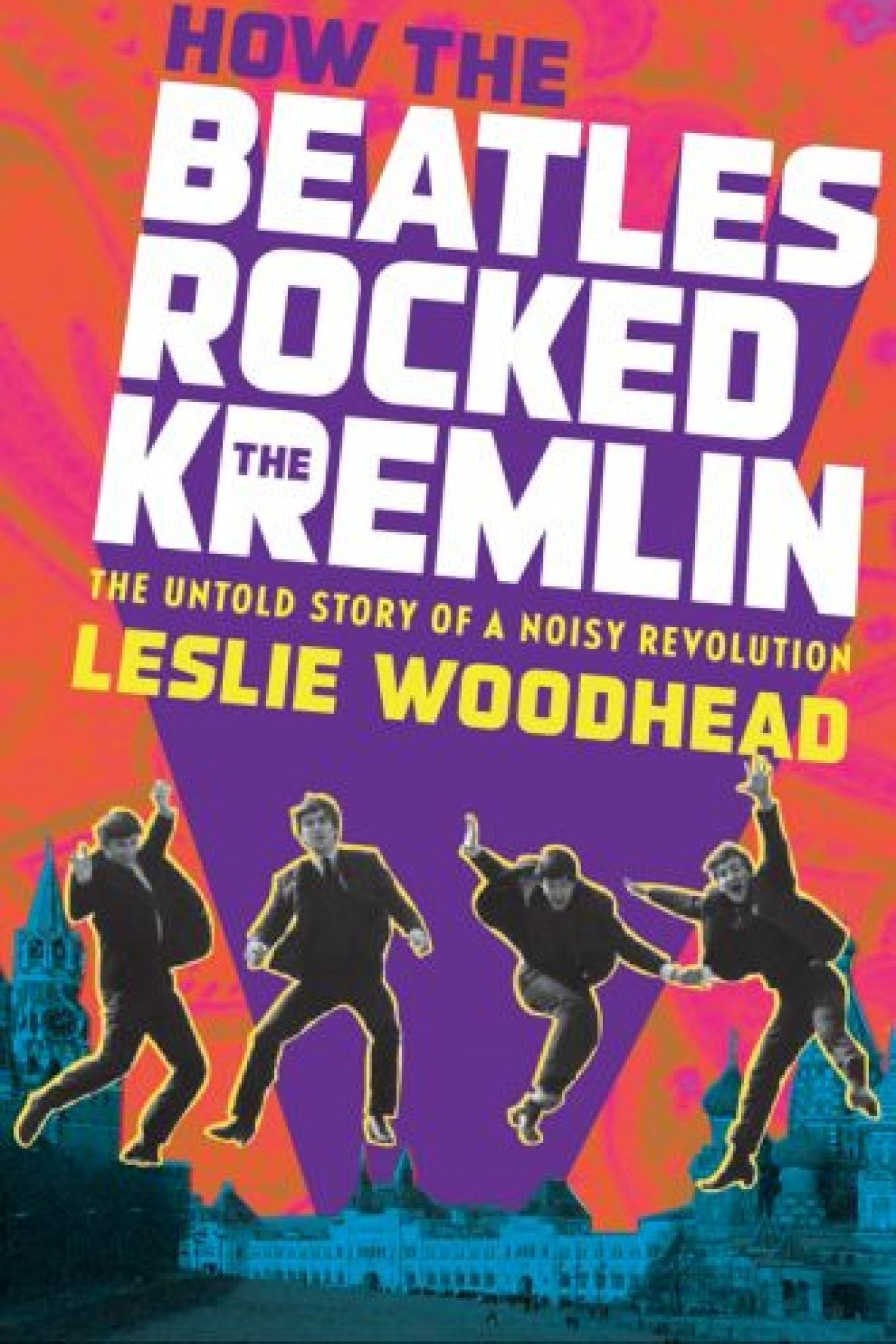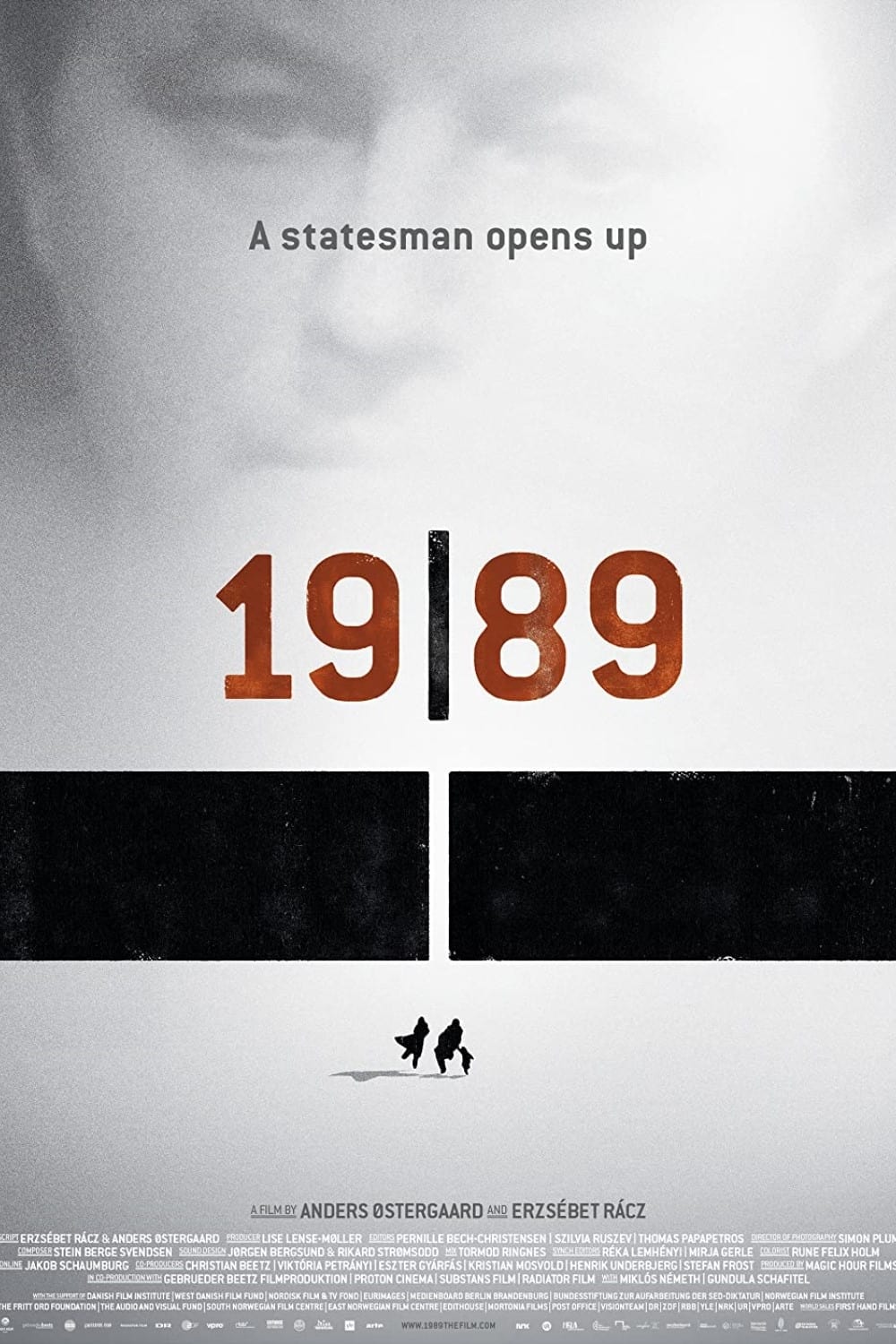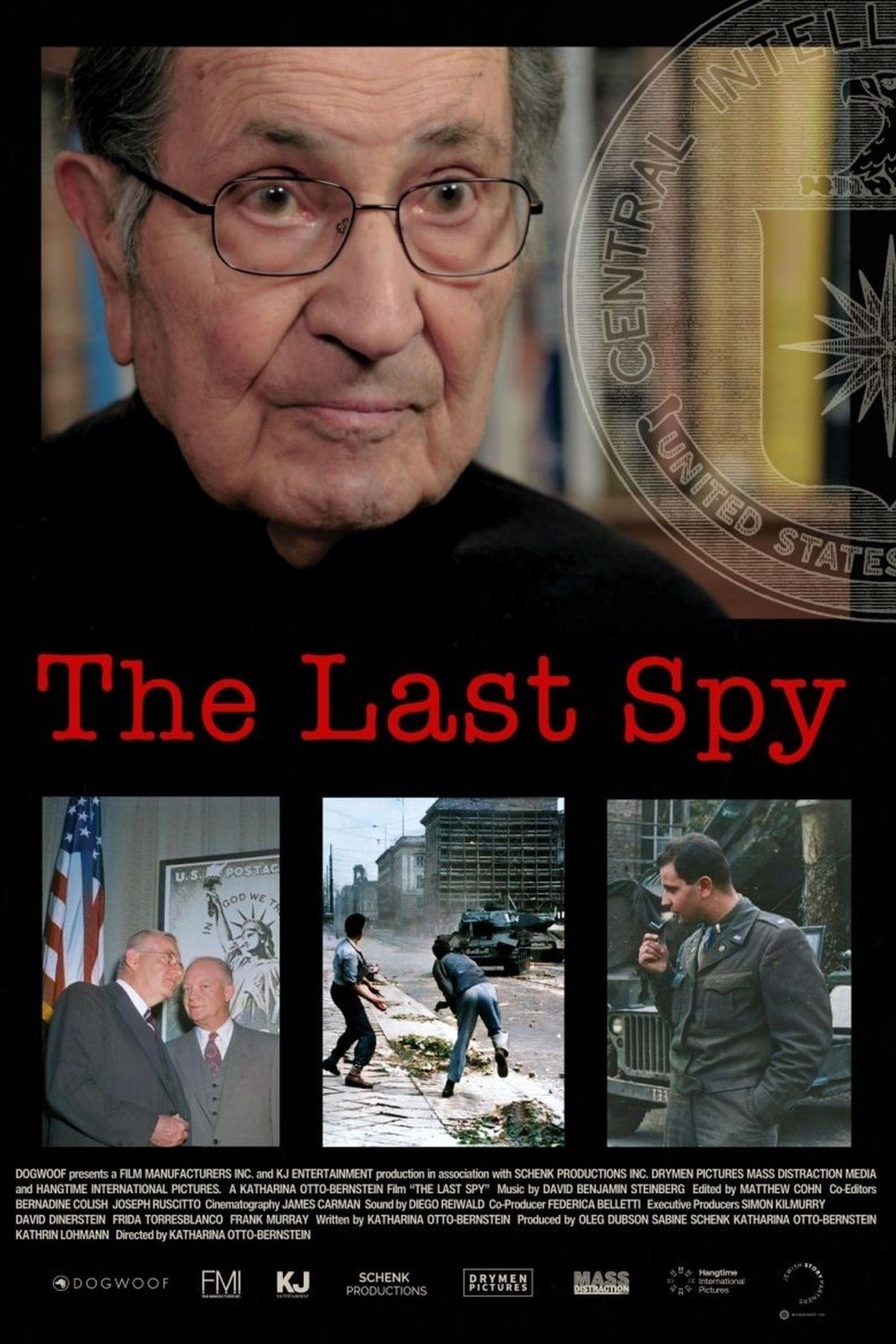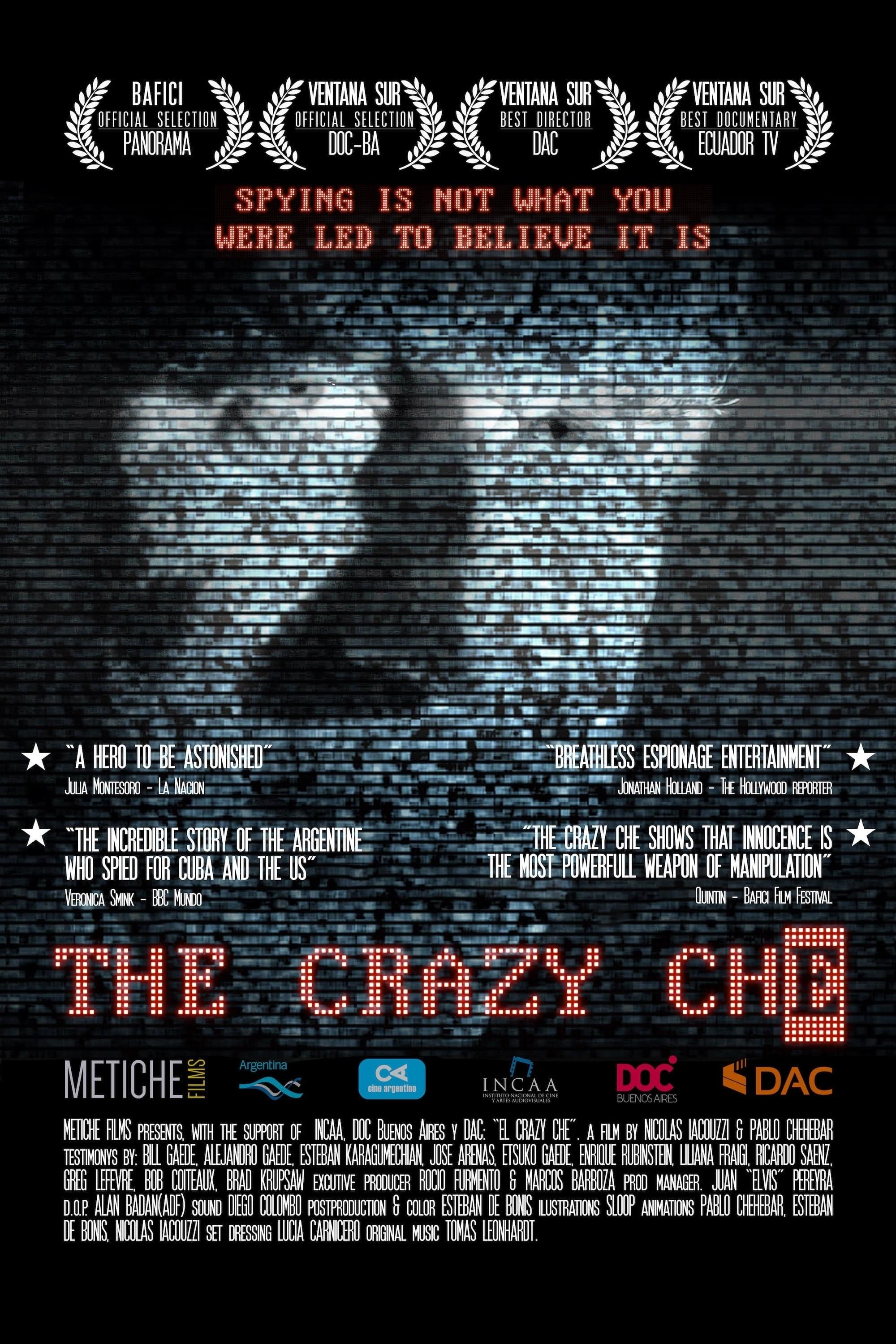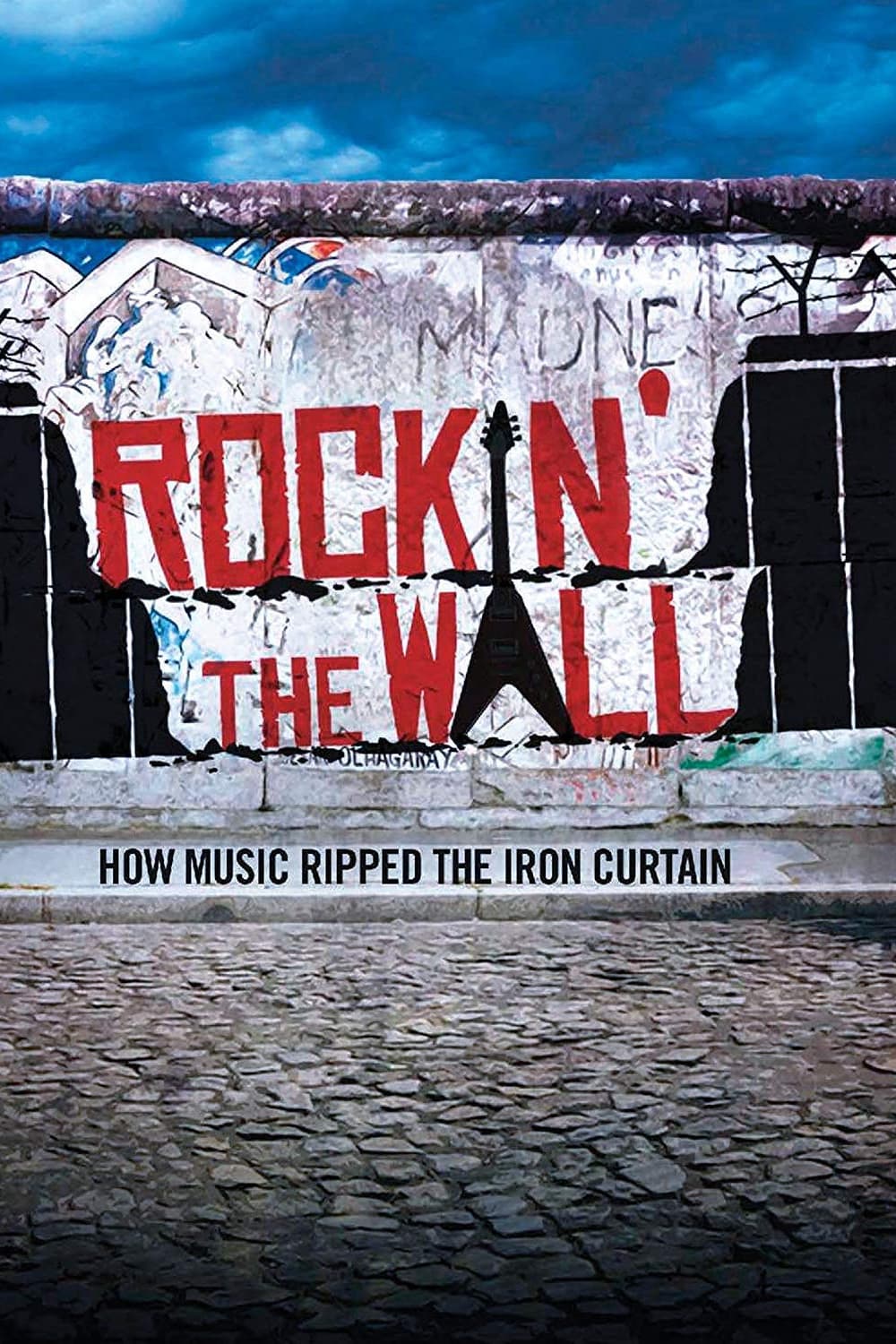
Planning For Emergence From Public Shelters
Planning For Emergence From Public Shelters
1963
0h 10m
0.0(0 votes)
Documentary
Overview
A training film for public shelter managers explaining when people should be allowed to leave the shelter after a disaster.
Links & Resources
Social & External
Production Companies
Videos & Trailers
1 video
